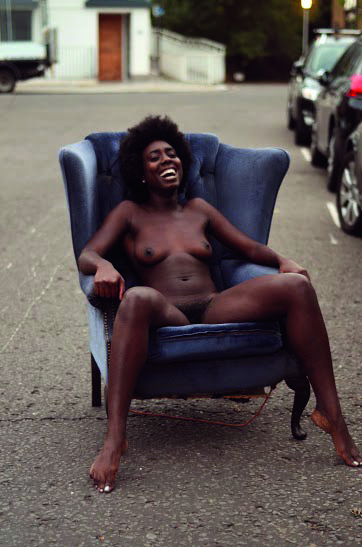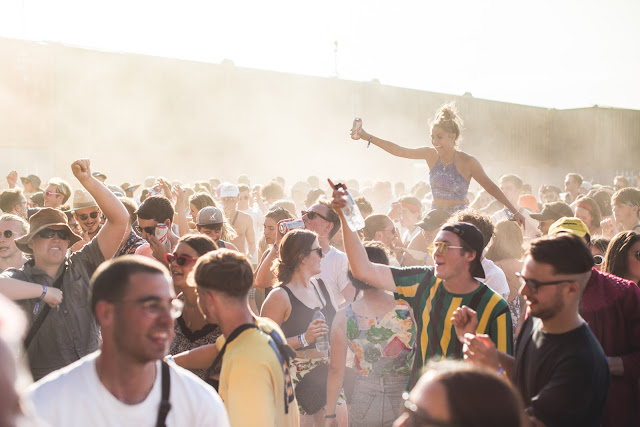{Enter here} Liked Your Status
As a generation obsessed with technology, where 48 % percent of people check their Facebook before getting out of bed, it is no surprise that the recent trend of travel, has led to the domination of wanderlust over social media. A quick scroll is all it takes to see that the likes of Instagram, Twitter and Facebook is full of friends from school on coastlines of Australia, co-workers volunteering at schools in Cambodia and close friends sharing their new lives abroad. Where travelling was once seen as a nomadic choice of escapism away from the modern world, nowadays it could be argued that it fuels our lust to travel. However where technology, in particular social media has become such a core part of the traveller’s lifestyle, is it hindering our experiences or simply enabling us to do more?
Take yourself back a few years, and the presence of travel posts is vast and insignificant. Where once all a traveller would pack was an iPod and a small camera, nowadays backpacks are burdened with extras like laptops, GoPro’s, hard drives and tablets. This is no surprise when 95 % of us use Facebook in particular for travel related activities. (Sun, Sea and Content Marketing Axonn Research paper 2014). Kieran Wardrope, a graduate who recently returned from an 8 month worldwide trip visiting America, Japan and Asia, was unlucky enough to have his phone stolen in his taxi to the airport to catch his flight home. Upon his return, he told me that it had ruined his trip, hundreds of photos had been lost and daily memos on his notes now trapped in someone else’s pocket. “I begged and begged for this taxi driver to return it, I even offered him a ridiculous amount of money but he was having none of it. I was so gutted that I had lost everything, it wasn’t so much about the phone, that was replaceable but I had lost months worth’s of photos and they in some way are my memories. I cant get them back. It honestly ruined my trip. “ This is understandable, everybody wants photos to look back at when they are older and to reminisce, but to point blank say it had ruined his trip shows the sheer materialistic-ness of youth today. After all, he still has his memories and the experiences that no photo or video could tell. Kieran accepts that he was careless by not backing everything up, but he admits that he relied a lot on technology whilst away, and noticed that many others did so too.
“I often checked my social media whilst away, and as soon as we hit a wifi spot there was a chaos amongst everyone. Yes, it probably disconnected ourselves from the culture around us but it’s a habit that I and I’m sure others have become too familiar with and I don’t see it changing.”
It’s just “a weak excuse to stay connected to your old 9 to 5 consumer self, terrified by the enlightenment of travel,” says travel enthusiast and social media shunner, Alex Chaplin. This is an easy argument to make when you see travellers sitting around a table glued to their smartphones or MacBook. The thumb flicker and sheer silence isn’t very sociable. Poking your head into a hostel common room in 2015, you’d barely recognize it from 20 years ago. Gone are the small groups of backpacker’s playing cards, reading books, and swapping stories. Instead, Facebook’s blue logo shines from a dozen smartphones as statuses and photo albums are updated to let everyone at home know about the magical time being had. Our obsession with sharing our experience with others, who are far away, is becoming detrimental to creating friendships with people to make the experiences with.
Yet, this is not to say that it has not improved certain aspects of travel. Our ease to the Internet, apps and ways to contact others, means that navigating and living in other countries has become somewhat easy. Simply being able to fire up an app to book accommodation at the last minute, then popping the address into Google Maps to find it is a long way away from the hassle it would have been before. There is nothing glamorous or safe about walking 20 minutes in the rain searching for a hostel with a free bed or arriving somewhere in the middle of the night and walking round in circles to find your destination.
Supporting this move, Social media and technology advocate Danielle Noonan, has relied on social media and technology whilst travelling to build a career. Owner of Whilst imyoungandskinny.com she not only keeps her own website, but with a background in media management, offers her skills to other individuals and businesses to promote their travelling brands.
“When I'm not globetrotting, I work in Digital Marketing and I can't stress how essential social media and blogs are when you're planning your travels or you need some inspiration on the road. There are so many great blogs that are a free resource! Also, reading about other people's experiences reminds you that you are part of a huge network of people with wanderlust who are doing what they can to see the world.”
On the other hand, the ability to socialise without actually socialising with those around you, or travelling from one place to another and catching up on EastEnders rather than taking in the sights along the way, means that in some aspect it is a source of destruction to the travelling experience. Upon a recent trip to America and a visit to the Grand Canyon, it was instantaneous of myself and the others in my group to take out our Smartphones take the perfect photo and select the perfect filter, to then upload to our social media accounts for the next time we hit that precious wifi spot. Our phones and cameras got to take in the magnificent views and embrace the canyon before we even got to, how backwards is that? This was an experience, which as a group should have united us all as travellers, but we just found ourselves taking it in turn to have our photo taken when we should have been sat, in awe at the granite beauty in front of us. Yes, travel isn’t going to be the same as it was years ago, but the gadgets we take with us are just a tool to help you travel, like a backpack or a decent pair of shoes. They’re not a necessity, and won’t always improve your trip – in fact, they’ll make it far less interesting if you become too attached to them.
Upon reflection, we should have just put our phones down and made the most of where we were and as with with most other things in life, balance is key. By all means take a few photos of the Taj Mahal to show your friends, but don’t spend 20 minutes composing the perfect selfie in front of it. It’s fine to have half an hour on your phone checking email or chatting with your mum, but put it away afterwards to talk to the people around you. Buy your flights while lying in bed, but don’t be afraid to turn up somewhere without any plans, most often no plans are the best plans! Keep yourself safe in unfamiliar cities, but let yourself surrender to the unexpected when your gut tells you to.
There are always incredible moments waiting to be discovered on the road, and you’re not going to find them on Facebook. They are hidden in plain sight among the people, places, food, and culture of wherever you’re visiting. No matter how much technology you’ve got in your backpack, that hasn’t changed. Use your laptop, smartphone, tablet, and camera when they’ll make your time on the road easier, then turn them all off to immerse yourself in the moment.
Technology hasn’t ruined travel at all – it’s just made it easier, more accessible, and safer than ever before. What it can do, though, is lessen the experience if you let it.



Comments
Post a Comment